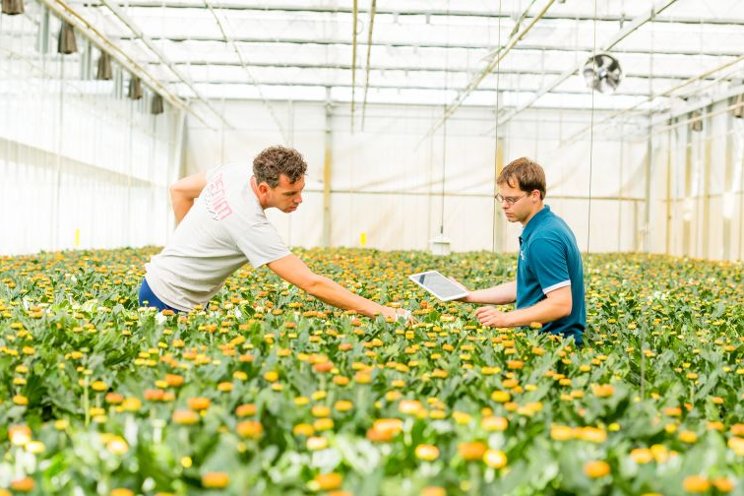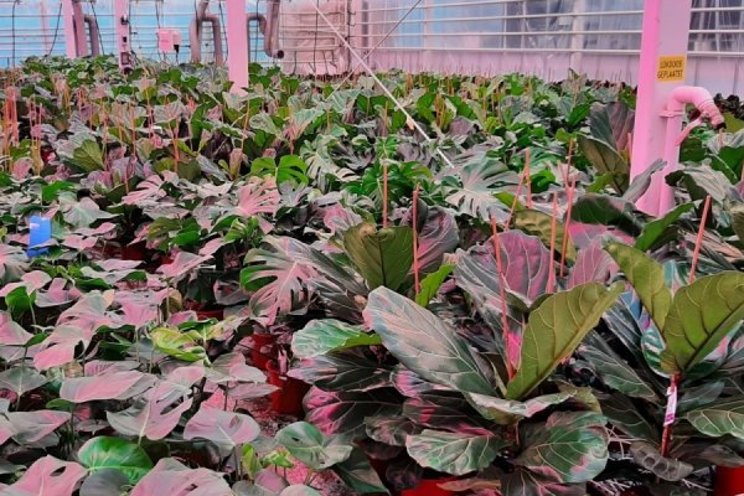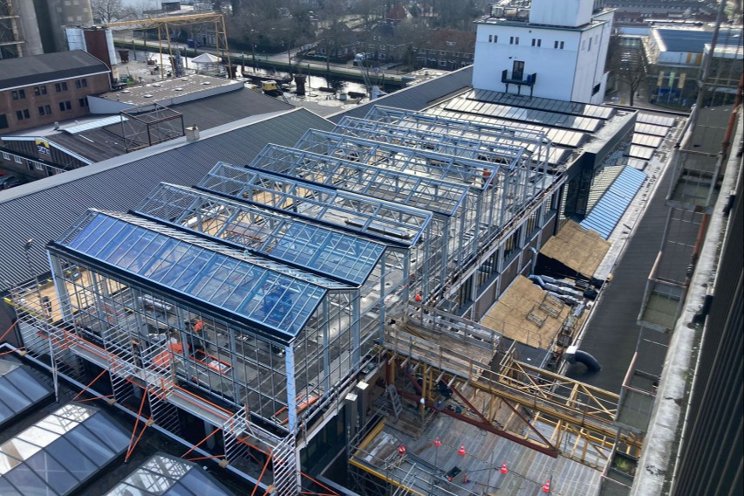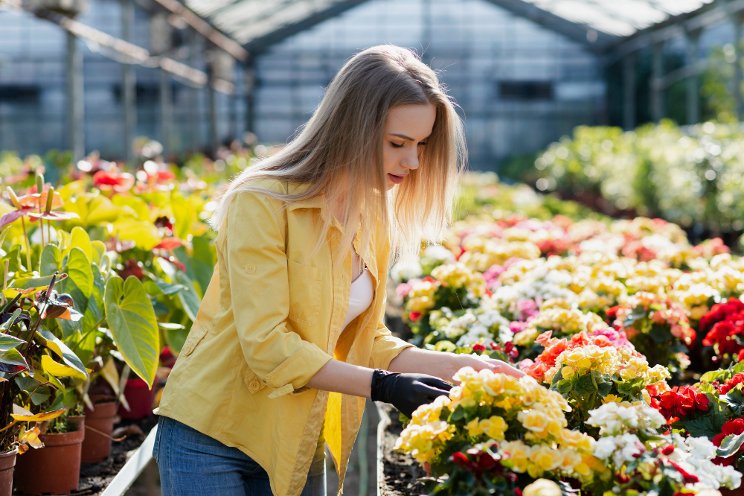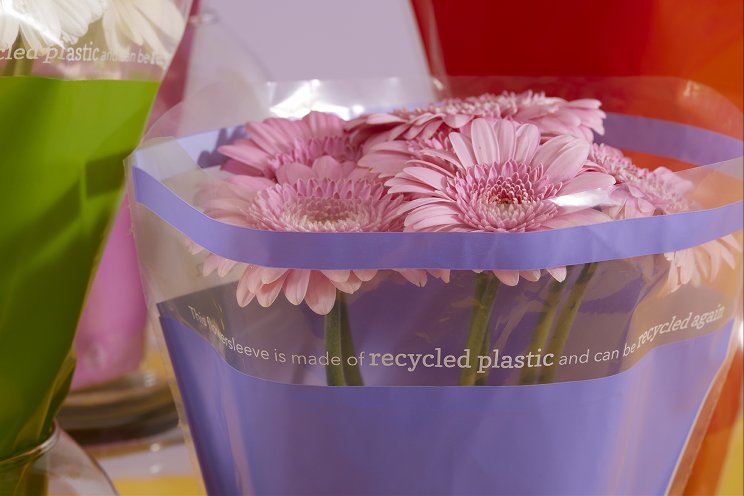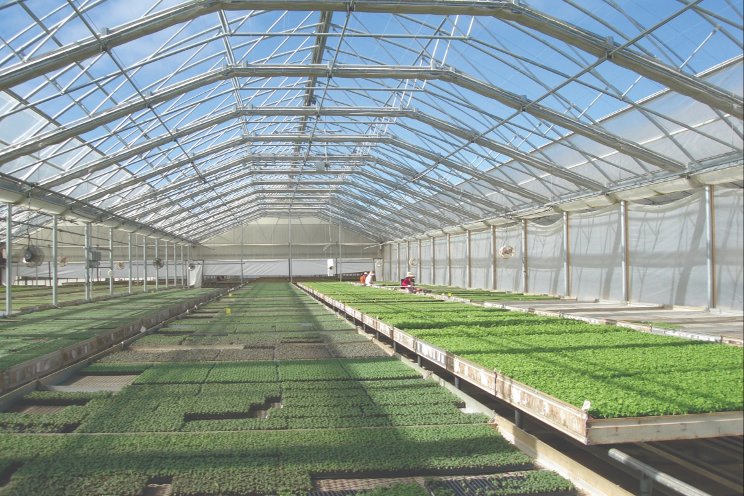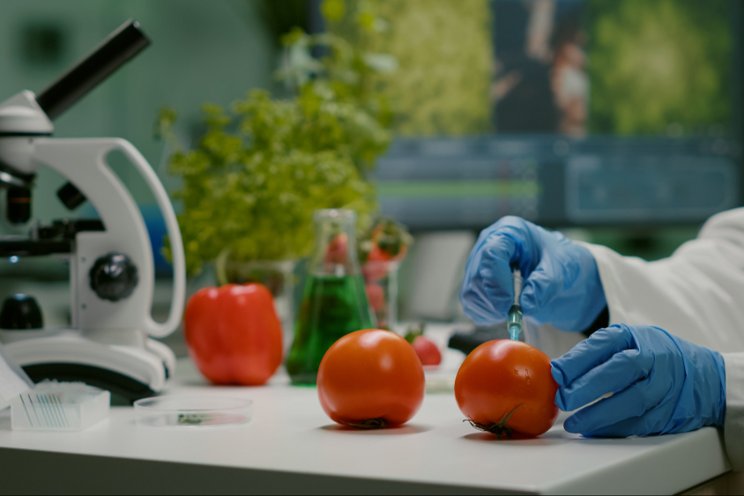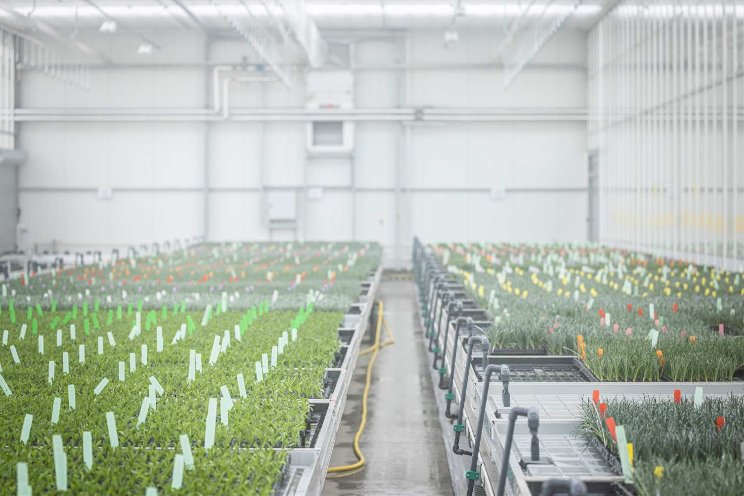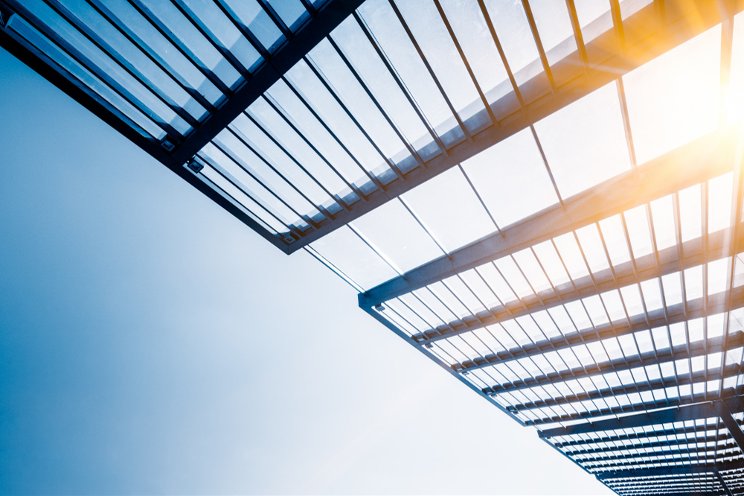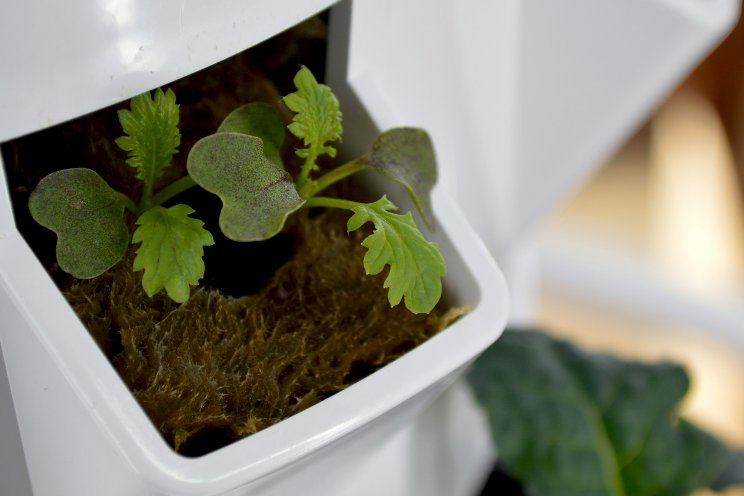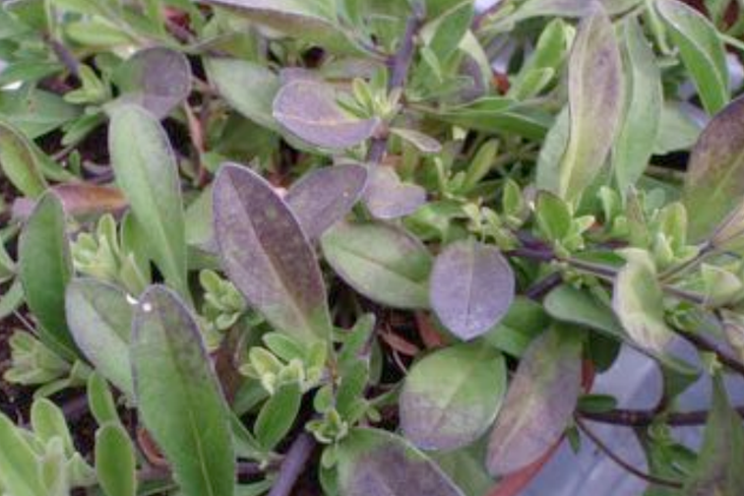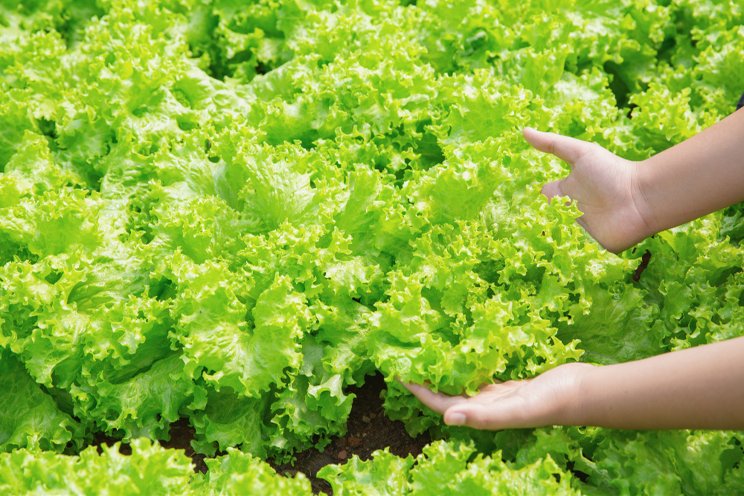Agrochemicals industry needs to be future ready
Added on 07 October 2021
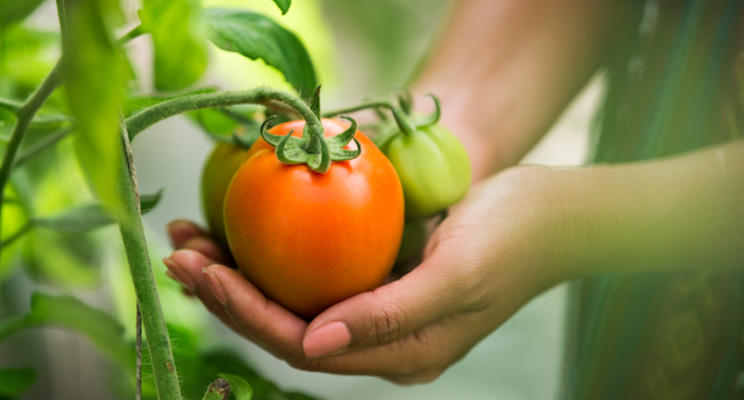
The change in climatic conditions is going to impact agricultural productivity in a huge way. It will manifest in terms of rise in temperature, humidity, and precipitation, says Dr. Ashok Dalwai, Chief Executive Officer, National Rainfed Authority of India, Ministry of Agriculture and Farmers' Welfare.
"The abiotic stress due to consequences of wrong agriculture practices are leading to barren lands, greenhouse effects and other negative impacts. As a result, the food basket is getting reduced. At the same time, the biotic stress is influenced by abiotic stress through a lot of activities such as fungus, rodents, virus, bacteria, both flora and fauna species. Climatic change which is a dominant factor is evolving into delayed onset of monsoon and its withdrawal. Such drastic changes mean our R&D approach should change too. The evolved information on abiotic and biotic stress should determine the kind of R&D we must do. Since the agrochemical industry has a multi-purpose role, from diagnosing pests to their treatment, farmers are relying on it as a service provider. Technologies such as Artificial Intelligence, Data Analytics and Big Data have a role to play. Agrochemical prices are an issue which can be tackled through competitiveness and increasing ease of doing business," remarked Dr Dalwai during his keynote speech at the CropLife India's 41st Annual General Meeting and Open House Virtual Conference, "India@75: Journey of Agrochemical Sector".
"Time is ripe to explore Ecosystem Based Agriculture (EBA) which goes beyond just productivity and prices, rather focusing more on building resilience among farmers in face of climatic change. Breaking knowledge asymmetry among farmers and decentralized participatory approach involving farmer committees such as FPAs. We also need to understand that customs, tradition and culture has influence on technology and its adoption," added Dr. Dalwai.
"COVID-19 brought into focus the vulnerabilities in many sectors but agriculture showed that it is a resilient sector. It was the only sector to grow in 2020 and continues to grow. The Indian agrochemical industry has earned its place globally but there is always a big room for occupying a leading position. Towards that, we have advantages such as economical manpower, highly skilled workforce, scientific capabilities, market opportunities, and new encouraging policies. The sustainability of production and supply chain needs to be addressed and there lies the key to future and growth for farmers. The transformation of the food system can't be possible without the contribution of startups and policymakers. Agrochemicals play an increasingly prominent role in feeding the major population. Status quo is not an option anymore in India and globally. We must double our productivity in the next 30 years and we must work on it. We need science based policies, incentivization of investment on sustainable technologies, green sourcing etc. We need a stable, predictable policy environment and streamlined regulations. Technologies such as robotics, IoT and drones can address many issues such as soil health, farming practices and pest control. Good to see that things are moving on that front. We need to build on the momentum that has picked up in the last 6 years," said Rahoul Sawai, Managing Director - South Asia, Corteva Agriscience.
"From facing the shortfall of food grains to producing 385 million tonnes of food grains, India has come a long way. And it owes this success much to the crop protection chemicals and good quality seeds. The crop protection industry is playing a pivotal role in the growth of the agriculture sector. Due to the introduction of new molecules, there has been a reduction of overall use of pesticides. After 1980 onwards, we witnessed 50-500 gm per hectare which decreased to 25-200 gm per hectare 1990 afterwards. Later during 2000 and onwards, the maximum usage was 100 gm and even went as low as 2 gm. Our pursuit towards green chemistry continues yet it is astonishing that the crop protection industry continues to come under attack. While we are trying to ensure better quality products, there are instances of knee jerk reactions at central and state level. Our products are extremely safe products and trusted by farmers across the world," said K. C. Ravi, Chairman, Crop Life India.
"Scientific community has to be vocal in their support for technology and so does the government which needs to put to rest the debates about safety of already approved and proven products. The farmer's awareness will be the key to winning this perception battle. They need to understand that like the pharma industry, agrochemicals contribute to the growth of this nation. Few other important points are data exclusivity, protection of data, work on new inputs, progress on drones, PLI scheme. Product stewardship is key to safe applications. Collaborative efforts and encouraging innovators are the need of the hour too," said Ravi Annavarapu, President, FMC India.
Source: Ag News
Photo created by jcomp - freepik
Source: Ag News
More news

